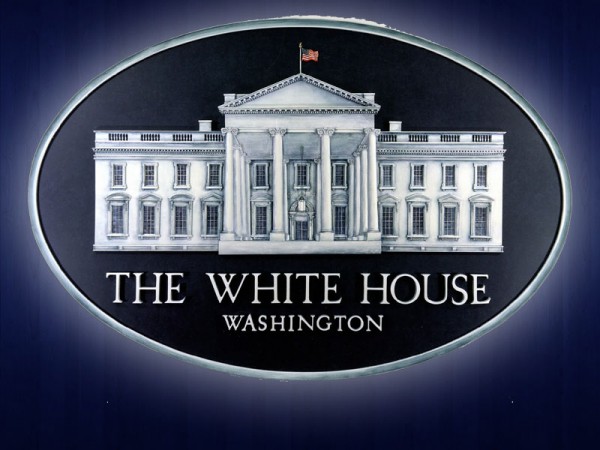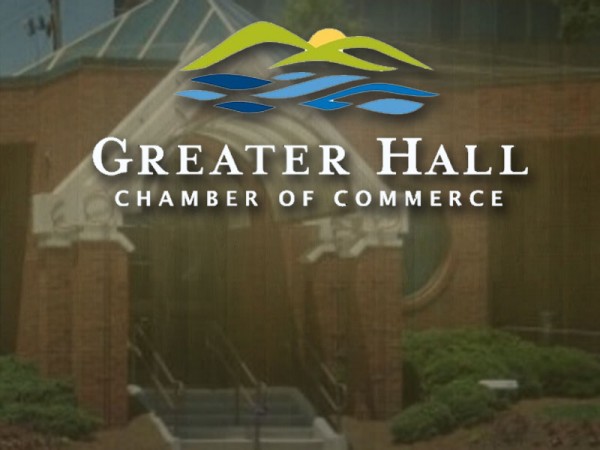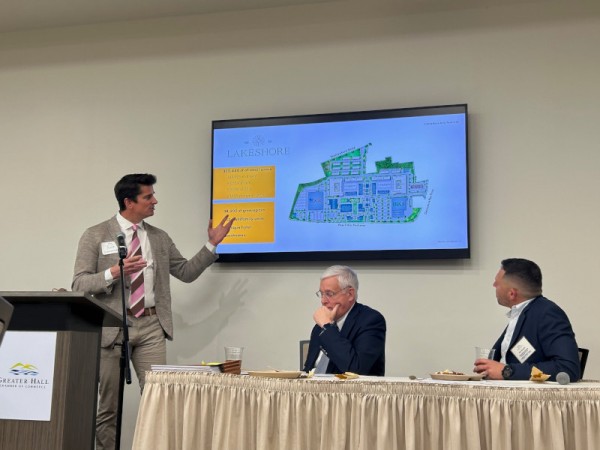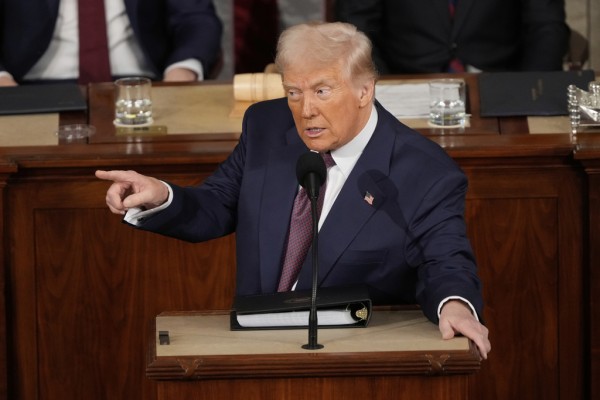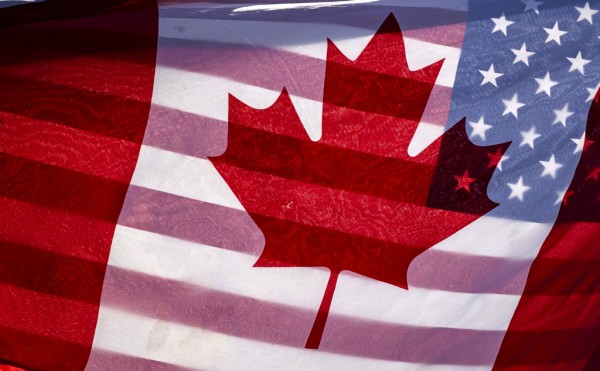WASHINGTON - Federal Reserve Chairman Alan Greenspan said Friday that there were scattered hopeful signs that the recession could be ending, but he warned that the American economy still faces ``significant risks.''
Greenspan, making his first public comments on the economy since the Fed last cut interest rates on Dec. 11, said there are ``tentative indications'' that the economic slump could be drawing to a close, but he said those signals at present are far from conclusive.
``I would emphasize that we continue to face significant risks in the near term,'' Greenspan said in a speech prepared for delivery to a business audience in San Francisco. Copies were released in Washington.
Greenspan identified some of those threats as weak profits and business investment and restrained household spending caused by rising unemployment.
But Greenspan said there were tentative signs that a recovery could soon begin.
``If the recent, more favorable developments continue and gain momentum, uncertainties will diminish,'' he said.
The Fed last year drove interest rates down to a 40-year low in a series of 11 rate reductions.
Greenspan's comments on Friday appeared to leave the door open to a further rate cut, possibly at the Fed's next meeting on Jan. 29-30.
The current recession, which ended a record 10-year period of U.S. prosperity, has officially been dated as starting last March. But Greenspan noted in his comments that the economy has been struggling with weak growth ever since the summer of 2000.
The Fed began aggressively cutting interest rates in January 2001, reducing its target for the federal funds rate, the interest that banks charge each other, from 6.5 percent at the start of last year down to the current level of 1.75 percent, the lowest in 40 years.
Greenspan said that before the Sept. 11 terrorist attacks, there were signs that the economy had begun to stabilize, but those gains were wiped out with the severe jolt dealt to consumer and business confidence by the attacks.
He cautioned that economic forecasting is now even more fraught with the ``major uncertainty that we all must deal with these days - the specter of further terrorist incidents on American soil. It simply is not possible to predict whether there will be any such incidents or to forecast their possible consequences for the economy.''
Greenspan, as he has done in other remarks since Sept. 11, did contend that the significant rebound in the growth of American workers' productivity in recent years should continue.
It has been this big improvement in productivity that has allowed the Fed to be less worried about inflation dangers.
Tuesday
April 29th, 2025
5:39AM







